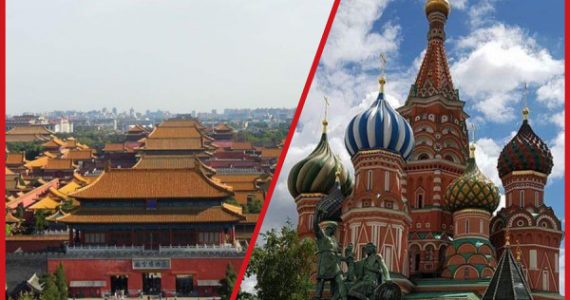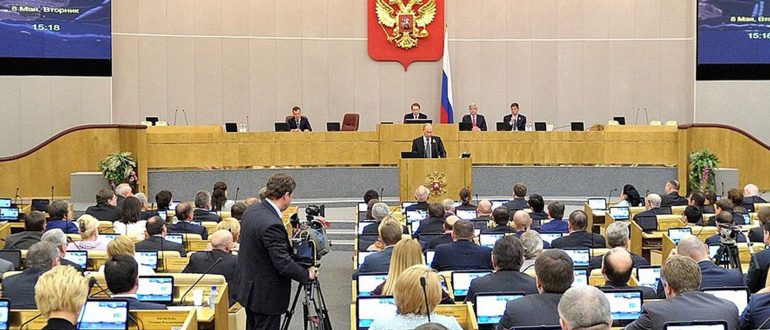
It takes two to tango: The limitations in the Sino-Russia alliance
In the post-cold war era there has been a remarkable renewal and strengthening of Sino-Russian relations, especially from 2000 onwards. Moscow and Beijing started renewing and enhancing their ties in security, trade, as well as diplomatic issues more vigorously. However, the prospects of this bilateral relationship and whether they will enter into a military-political alliance that can shift the global balance of power is still a prominent question when evaluating the Sino-Russian relations.
Forging an alliance with another state is one of the premier strategies in a state’s arsenal to advance its political interests. Although the importance of alliances in international relations is widely accepted, political scientists disagree on how to explain the reasons and mechanisms of alliance formation. Hence, the debate about Sino-Russian relations attracts a lot of attention from academics and policy-makers around the world.
Russia and China are two rising powers with a great geopolitical weight in the international system and their partnership constitutes a constant topic of analysis. Since 2000, these two major powers have undergone dramatic domestic changes: China, at present, is the world’s second-largest economy and has succeeded in economic and military modernization after nearly four decades since its first opening to the world economy. On the other hand, Russia is trying to cope with the challenges its economy faces (stagnation, heavy dependence on energy resource exports, lack of innovation) and to regain the glory of the old superpower. To make matters worse, Russia’s economy has suffered a big blow after the trade sanctions imposed by the US and the European Union in response to the annexation of the Crimea and its policy towards Ukraine.
Sino-Russian co-operation takes place on many levels from joint military exercises, trade agreements, arms sales and the establishment of new multilateral institutions (such as the BRICS New Development Bank and the Asian Infrastructure Investment Bank, AIIB) to a broad consensus on issues in international relations. However, the two powers haven’t formed an actual alliance that could fundamentally alter the distribution of power in the international system.
When evaluating the bilateral relationship between China and Russia, it can be either characterized as an Axis of Convenience (i.e. a partnership driven by selected and mostly economic short-term interests and not an alliance based on common beliefs, ideas or goals) or a fast maturing relationship.
Despite of the recent trade war of the USA against China, China and Russia have not yet decided to go one step further and establish a political and military alliance. The reason for this is that they have different aspirations when envisioning the international system. Seemingly, they share the rejection of a unipolar international system where the USA acts as the global hegemon, and are seeking closer ties in order to create a counterweight to the U.S. primacy. But so far, neither of them seems ready to directly challenge the current status quo.
China aims to become a regional hegemon in the Far East and to control its neighboring countries hoping for a bipolar system formation with the USA as its ‘opponent’, whereas Russia considers a multipolar system formation by having an active role in the shaping of global politics.
So far, the two great powers are practicing their steps together in the rehearsal room but they are certainly far from presenting a routine partner dance in the big gala of the International System.



